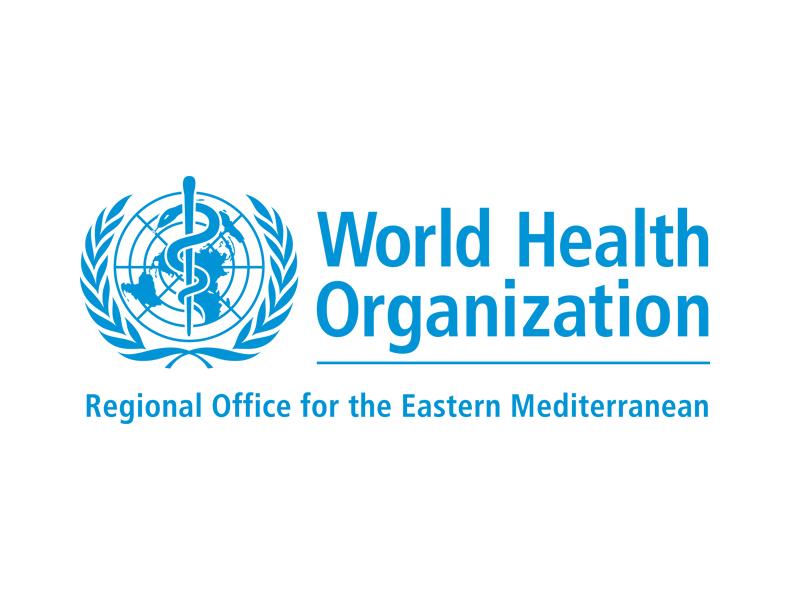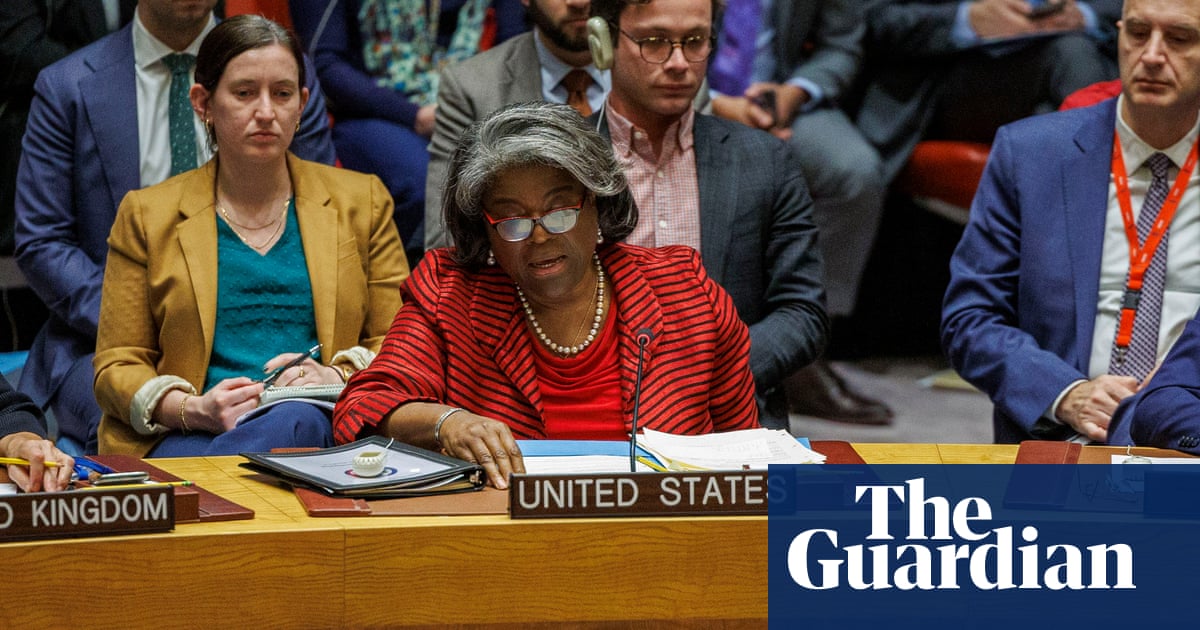
According to local media, two Russian Su-24 bombers recently landed at the Khmeimim air base in Syria’s Latakia governorate, without any official notice.
ANKARA: The Russian military’s redeployment of frontline bombers to Syria has sparked debate about whether a new Russian operation is imminent in the country’s volatile northwestern region.
However, the experts to whom Arab News spoke said they do not expect a large-scale military move from Russia — partly because of the potential health risks that any such operation would involve in the midst of the ongoing COVID-19 pandemic.
According to local media, two Russian Su-24 bombers recently landed at the Khmeimim air base in Syria’s Latakia governorate, without any official notice. Su-24s have mostly been used in Syria for attacks against rebel targets. An Su-24 was also shot down by the Turkish military in October 2015, triggering a diplomatic crisis between Ankara and Moscow that went on for months.
In 2017’s Astana agreement, Turkey pledged to rid Idlib province of all UN-designated terror organizations, including Hayat Tahrir Al-Sham (HTS).
In Moscow on March 5, Turkish President Recep Tayyip Erdogan and his Russian counterpart Vladimir Putin reached a fragile cease-fire agreement in northwestern Syria, where escalating violence looked set to push forces from their two countries into open conflict.
However, while Turkey’s major aim is to establish safe zones in northern Syria in which to settle the millions of Syrian refugees it currently hosts, Moscow’s primary expectation from Ankara is the removal of the HTS and related groups from Idlib. The HTS — designated as a terror group by Turkey in August 2018 — refused to comply with the Moscow cease-fire deal as it is currently in control of large territories in Idlib.
According to the Kremlin, HTS was behind the local protests that obliged Turkish and Russian troops to shorten the route of their joint patrol on the M4 highway. Therefore, from the Russian point of view, the HTS and other radical groups are seen as legitimate targets that remain outside any cease-fire deal.
However, the US does not currently share Moscow’s view of the HTS. On Feb. 5, Washington’s special representative for Syria, James Jeffrey, said, “The Russians claim that (the HTS) constantly launch attacks on the Russians. While HTS did not accept — or was not part of — the Sochi cease-fire agreement from 2018, we have seen only intermittent and not very strong or significant military actions on their part against the Russians. The Russians use this as an excuse.”
Ammar Hamou, a Jordan-based Syrian journalist, said Iran-backed militias and the Syrian regime have been violating the cease-fire agreement for the past 27 days. Iran — one of the countries most affected by the COVID-19 pandemic — is Syria’s main regional ally, with Iranian-backed militias fighting alongside Syrian regime forces.
“There are reports of a military build-up of Iranian militias in the countryside (near) Aleppo,” he told Arab News. “Officially, the cease-fire has not ended, but I do not think it will continue as Russian warplanes and regime air forces were flying in Idlib airspace on Thursday, although no bombing has been recorded yet.
Navvar Saban, a military expert from the Istanbul-based Omran Center for Strategic Studies, does not expect any all-out military operation to be mounted amid ongoing concerns over the COVID-19 outbreak.
“The current cease-fire is not strong; it just postpones any ground operation for the time being,” Saban told Arab News. “There have been sporadic violations in various parts of Idlib province over recent days. Small-scale clashes and shelling against HTS or similar groups still continue in the area where even the Russians don’t have full control over the regime.”
For Saban, the presence of Iran-backed militia working side-by-side with the Syrian army might discourage anyone from mounting a full-scale operation that could trigger a widespread outbreak of COVID-19 among troops.
On March 23, the second Russian-Turkish joint patrol of a section of the M4 was completed.
Russian Foreign Ministry spokesperson Maria Zakharova recently reiterated that Russia will not be satisfied by purely cosmetic changes to the HTS.
“We hope that our Turkish partners will continue their efforts to separate moderate opposition from extremists and take measures to neutralize the latter. At the same time, it is important to emphasize that the renaming of groups — changing their window dressing — does not change their essence as terrorists. There must be no illusions that we are talking about internationally acknowledged terrorists, regardless of whether they call themselves Al Qaeda, Jabhat Al-Nusra or Hayat Tahrir Al-Sham,” Zakharova said.
Mehmet Emin Cengiz, a research assistant at the Al-Sharq Forum in Istanbul, said, “Russia has been prioritizing a military solution for Idlib from the very beginning and it does not make a distinction between moderates and radicals. Thus, the province will face new aggression from the Syrian regime and its main backer, even if the HTS rebrands or dissolves.”
But Cengiz, too, does not expect any full-scale operation in the near future, mainly due to the ongoing health crisis in a region that lacks the medical facilities to cope with the COVID-19 pandemic.











